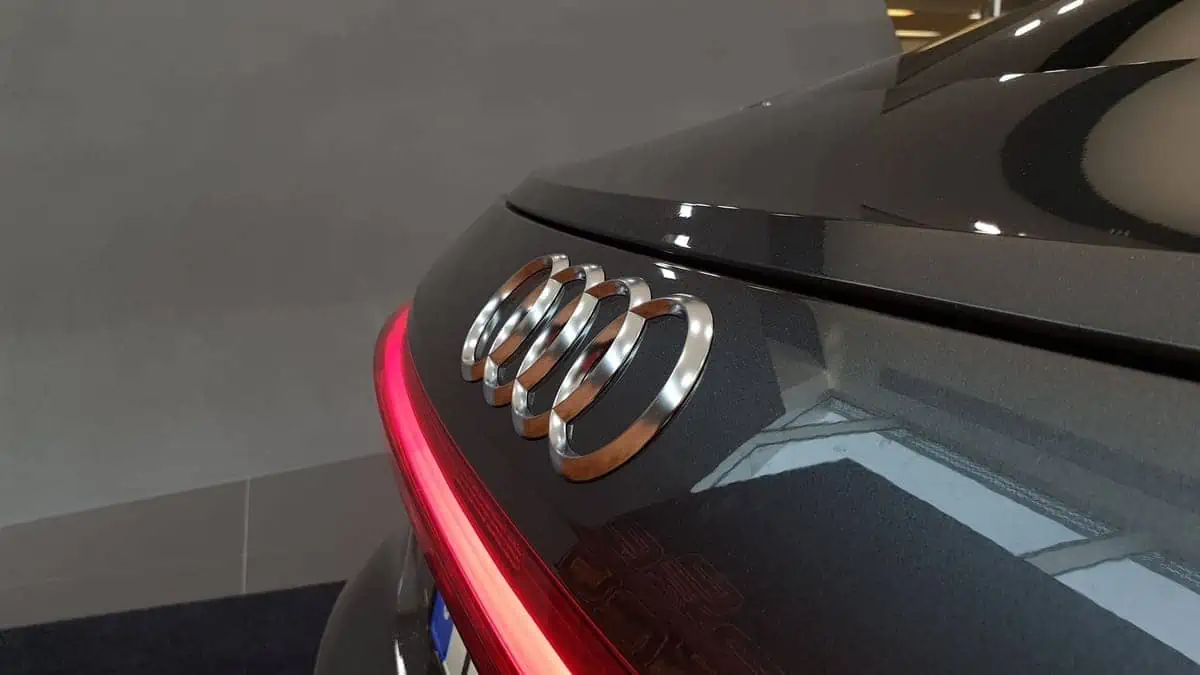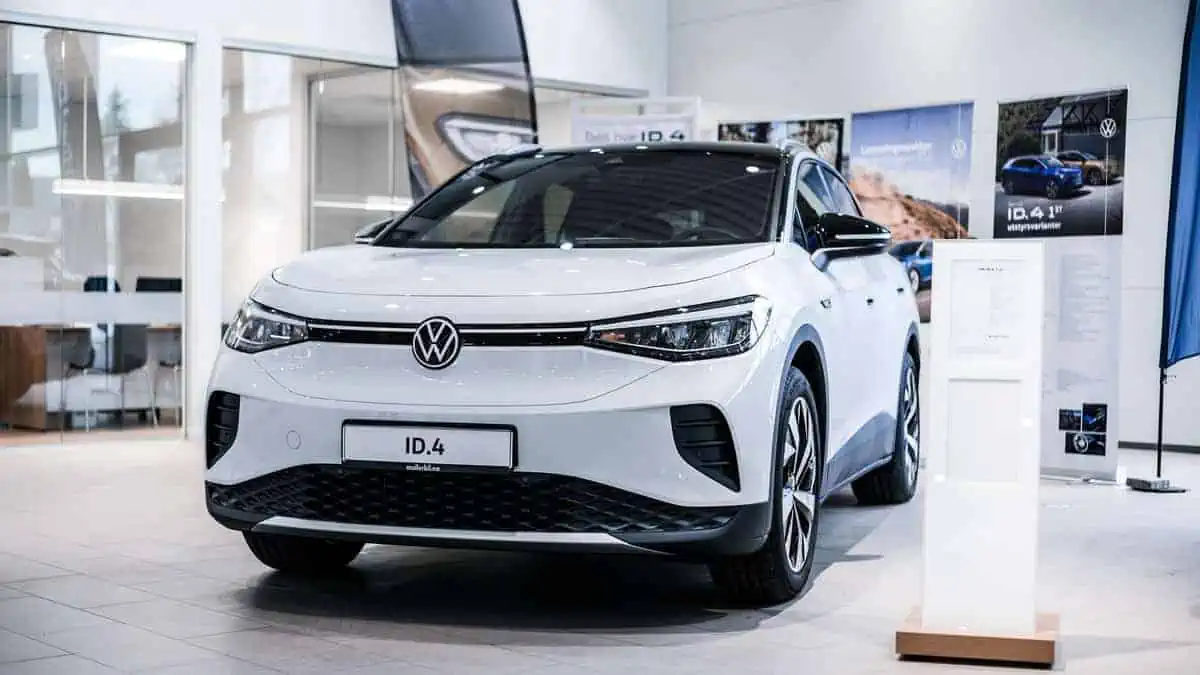German premium brand Audi announced its plans to work with its Chinese partner SAIC on Monday for the joint development of smart electric vehicles, Reuters reports.
Audi, SAIC plan to develop China-specific electric vehicle platform
The VW-owned brand Audi and its Chinese joint venture partner SAIC will co-develop a new China-specific platform to remain competitive in the world’s largest auto market. The partners will also roll out three all-electric vehicle models, according to the report.
Audi and SAIC will work together to build the upcoming smart electric vehicle models on the planned Advanced Digitized Platform.
As per the announcement, the cooperation will commence with three BEV models aimed at the B and C segments in the Chinese market. For context, these segments cover medium- and mid-to-large-sized cars, respectively.
Audi gets a boost in China with its collaboration with SAIC
Audi and SAIC’s partnership will further improve the all-electric vehicle portfolio of the German brand in China.
In effect, it can “significantly reduce” time-to-market by more than 30%, according to Audi.
The initial BEV model will reportedly hit the market as early as 2025. The partners have already formed a joint project team for the development, supervised by Audi’s ex-head of the product line for electric models for the A to C segments.
Audi remains under pressure in China
Audi experienced significant delays in developing its new electric vehicle platform, which hampered its competence against European and Chinese electric automakers.
Moreover, its current lineup is also getting old as competitors like Mercedes-Benz Group AG and BMW AG plan to launch their next-gen EVs in the middle of the decade.
On the other hand, Audi’s parent company, Volkswagen, is attempting to persuade customers and stakeholders about its capability to compete with Chinese brands like BYD and Xiaomi. It is currently investing in localized R&D, product design, supply chain management, and intelligent feature development through partnerships with local companies XPeng and Horizon Robotics.
Despite China’s continuous EV market growth, new energy vehicle sales are slowing down. According to China’s Passenger Car Association, retail sales reportedly surged 28.3% YoY in April but down 5.7% from the prior month.






